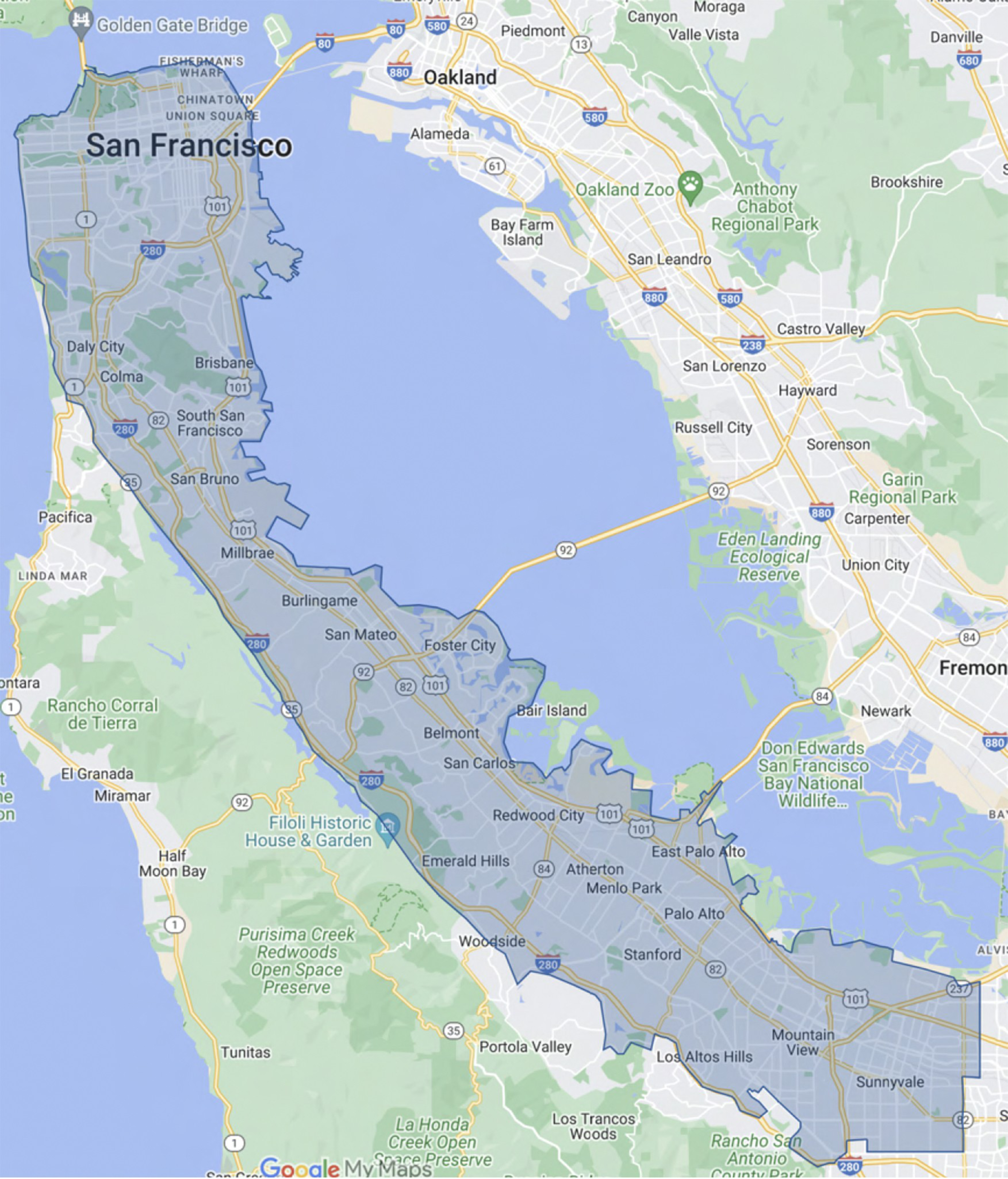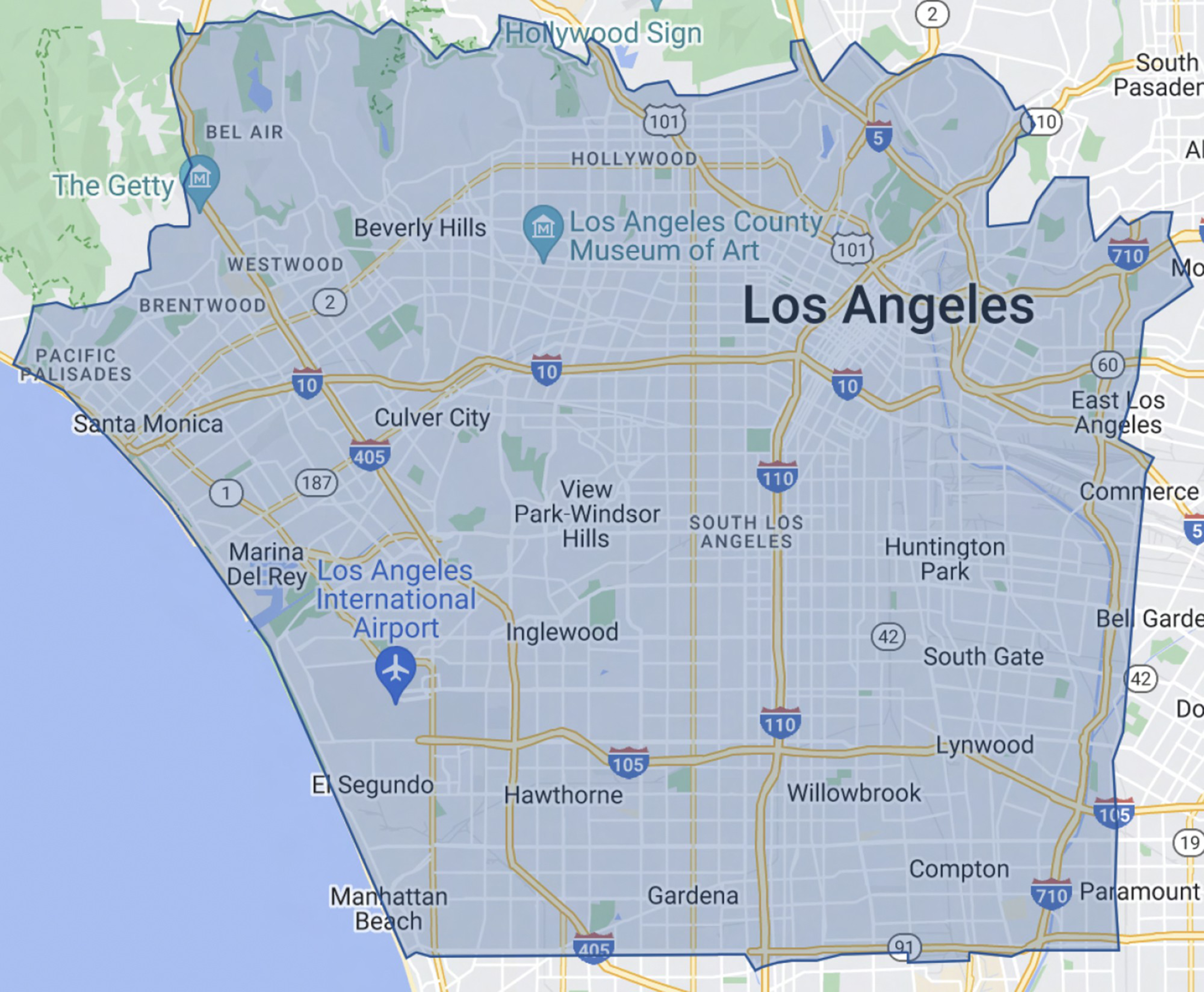Waymo’s efforts to smoothly roll into a statewide expansion for its robotaxi services have hit a speed bump thanks to California regulators, who have extended the approval timeline of its efforts to operate in Los Angeles and San Mateo counties until at least June.
Waymo submitted a letter to the California Public Utilities Commission in January to expand its paid 24/7 services past San Francisco’s city limits and use freeways to ferry passengers. The company has already received approval from the California Department of Motor Vehicles for the expansion.

According to submissions to the DMV, Waymo’s Bay Area service area would run down the Peninsula through Highway 101 and Interstate 280 past Sunnyvale. In Los Angeles, the service area would stretch from Pacific Palisades in the northwest to Manhattan Beach in the southwest, Monterey Park in the northeast and Paramount in the southeast.
The commission has paused deciding on the company’s expansion until at least June 19 in a bid to garner more information and feedback. The Alphabet-owned company’s existing permit to operate its robotaxi service in San Francisco was not impacted by the regulator’s decision.
A growing chorus of public officials in areas where Waymo hopes to expand services has started to publicly push back on the company’s plans. Governmental bodies, including the City of South San Francisco, the Los Angeles County Department of Transportation and the San Mateo County Attorney’s Office, have also formally submitted letters of protest around the expansion plans.

“Since Waymo has stalled any meaningful discussions on its expansion plans into Silicon Valley, the CPUC has put the brakes on its application to test robotaxi service virtually unfettered both in San Mateo and Los Angeles counties,” San Mateo County Supervisor David Canepa said in a statement. “This will provide the opportunity to fully engage the autonomous vehicle maker on our very real public safety concerns that have caused all kinds of dangerous situations for firefighters and police in neighboring San Francisco.”
A Waymo was recently set ablaze in San Francisco by a crowd of people during Chinatown’s Lunar New Year celebration. That incident came just one week after a Waymo struck a cyclist in Potrero Hill.
In response to some of the letters of protest against its expansion, Waymo submitted a reply letter that critiqued the arguments on jurisdictional grounds.
“‘The ‘suspension’ of an advice letter is a procedural part of the CPUC’s standard and robust review process,” said Waymo spokesperson Katherine Barna.
Convinced that the current state-based system is inadequate for regulating the novel technology, state Sen. David Cortese, who represents San Jose, introduced SB 915, which would give local governments the ability to establish autonomous vehicle caps, service hours and require a system for emergency responders to override vehicle controls.
“If this was only a San Francisco problem, the rest of us would be sitting on our hands,” Cortese said in January. “But like so many things, a big city like San Francisco just outed a problem being faced by cities and counties up and down the state.”
San Francisco officials have continued to push back against wide-scale autonomous vehicle expansions because of negative interactions with first responders and public transportation.
A resolution to publicly back SB 915 was introduced by Supervisors Aaron Peskin and Connie Chan—two of the city’s most vocal robotaxi critics—last week.
That’s on top of a lawsuit filed (opens in new tab) by San Francisco City Attorney David Chiu against the California Public Utilities Commission claiming the regulator acted “unlawfully” when it approved the ability for Waymo and Cruise to operate their fared services in the city.
